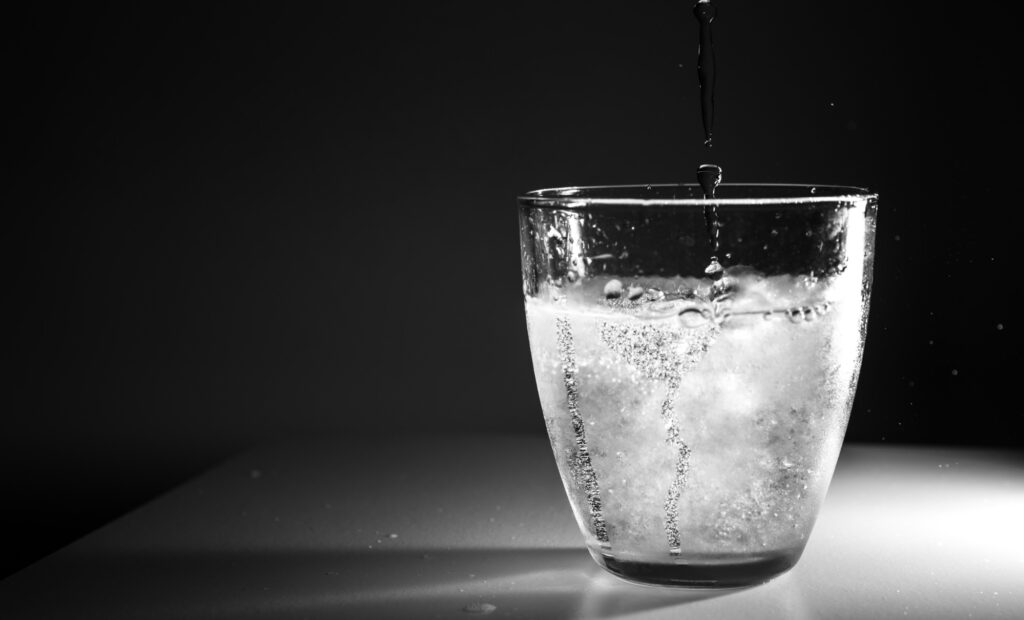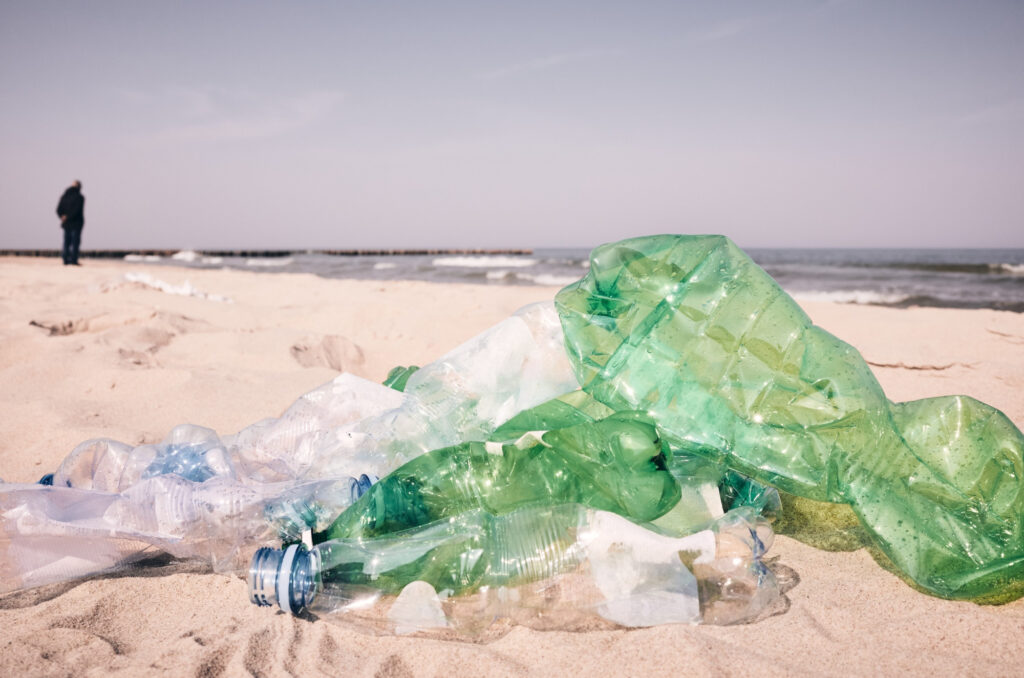Is bottled water a regular purchase in your household? Do you prefer the taste of bottled water to tap water? If so, you are not alone. Over the past few decades, bottled water has become commonplace in everyday life. Many have come to believe that bottled water is a more convenient and “safer” alternative to tap water. This belief prompted the growth of bottled water beyond any other option in the beverage industry. According to Grand View Research, the global bottled water market size was estimated at $303.95 billion in 2022 and is expected to grow at a compound annual growth rate (CAGR) of 5.9% from 2023 to 2030. This means the revenue forecast in 2030 is $509.18 billion. https://www.grandviewresearch.com/industry-analysis/bottled-water-market
Some people opt for bottled water because their tap water tastes or smells bad. Although bottled water may taste better, it may not be the best solution. According to the Center for Disease Control, (CDC) some bottled water is nothing more than treated water from a municipal water supply, or simply put, tap water packaged in plastic bottles. If you want to drink higher quality water that tastes and smells better than what comes from your tap, you should consider in-home water treatment.
Want to know what’s in your water? Schedule a free in-home water test with our KarSare Water Experts.
What Should You Consider When Making a Decision About the Water You Drink?
- Do you want great tasting water?
- Are you concerned about possible contaminants in your water?
- Is bottled water affecting your health?
- Is there a sustainable way to get better tasting water?
- What option is more cost effective?
Learn about the drinking water systems offered by KarSare Water Experts.
Health & Wellness
Consumers often believe that bottled water is better for their health than tap water. In many cases, this is not true.
Not Regulated Like Tap Water
The U.S. Environmental Protection Agency oversees the quality of water that comes out of your tap, while the U.S. Food and Drug Administration is responsible for ensuring the safety and truthful labeling of bottled water sold nationally. It’s important to note that the federal government does not require bottled water to be safer than tap. In fact, just the opposite is true in many cases. Tap water in most big cities must be disinfected, filtered to remove pathogens, and tested for cryptosporidium and giardia viruses. Bottled water does not have to be. The FDA regulates bottled water, but their standards still allow certain levels of contaminants in bottled water.
In 1999, after a four-year review of the bottled-water industry and its safety standards, the NRDC (the Natural Resources Defense Council) concluded that there is no assurance that bottled is cleaner or safer than tap water. In fact, an estimated 25 percent or more of water sold in a plastic bottle is really just tap water in a bottle—sometimes further treated, sometimes not.
Though it’s mostly safe, tap might at times also present issues—especially if you live in a rural community with a higher likelihood of pesticide runoff contamination, or if you get your water from a private (unregulated) well or live in an older home.

Have concerns about your tap water? Schedule a free in-home water test with our KarSare Water Experts.
Microplastics
Bottled water poses health risks because of the plastic bottle itself. Over time, the plastic can leach into the water, meaning the consumer will actually consume some plastic. According to the Environmental Working Group, a great way to avoid microplastics is to, “Avoid drinking from disposable plastic water bottles. If you have no choice, try to keep them out of the sun, in a cool, dry environment. Disposable plastic water bottles degrade very easily in response to temperature change or friction.”
Do microplastics pose health risks? Multiple sources confirm the plastic in water bottles can be toxic to humans, posing health risks like inflammation, triggered immune responses, hormone disruption (which can lead to an increased risk of cancer), and exposure to chemicals called phthalates which are endocrine disruptors.
See our blog about Microplastics for more information:
Environmental Impact
Bottled water may be convenient, but it is quite harmful to our environment. According to a Huffington Post article, plastic water bottles are made of completely recyclable polyethylene terephthalate (PET) plastics, but PETs are not biodegradable. According to Greenpeace, “Single-use plastic bottles are a major contributor to the global plastic pollution crisis that’s endangering marine life, polluting our oceans, and suffocating our natural landscapes. These bottles take hundreds of years to decompose, releasing harmful chemicals into the environment during their slow breakdown.” WWF estimates that it can take 450 years for plastic bottles to decompose. These particles, or microplastics, will also absorb toxins over time and continually release them into the environment, causing pollution in our waterways and soil.

Cost
Most people have a preconceived idea that bottled water is inexpensive. When looking at the cost of a single bottle, it is. But bottled water is quite expensive when compared to tap water. According to an article from Slate, the average cost of bottled water is about $1.22 per gallon. Depending on where you live, tap water may cost as little as $0.004 per gallon. That means consumers are spending about 300 times more to drink bottled water than tap water.
Filtered water cuts out additional costs associated with bottled water by tapping into your home water supply. By filtering the affordable water you already have access to, filtered water can be an excellent option for families wanting bottled water taste and consistency without the extra cost. With an in-home water filtration system, you have the initial upfront cost of the system plus occasional filter cartridge replacement, but over a short amount of time, an in-house water filtration system becomes the more affordable option. Year after year, you save even more when all you’re doing is replacing the filter at regular intervals.
What’s the Solution?
If you are unsure about the quality of your tap water and want the convenience and better taste of bottled water, there’s a simple solution. Consider an in-home water filtration system. You will save money over time, have an abundant supply of high-quality water right at your fingertips, and you’ll be protecting the environment.
Our team at KarSare Systems can help you choose the in-home water filtration system that is right for you. We are located in Versailles KY but serve the entire state of Kentucky and southern Indiana. Click here to schedule a free water analysis:
At KarSare, we offer several options for drinking water systems and residential water filters. Click below to see what we offer:







